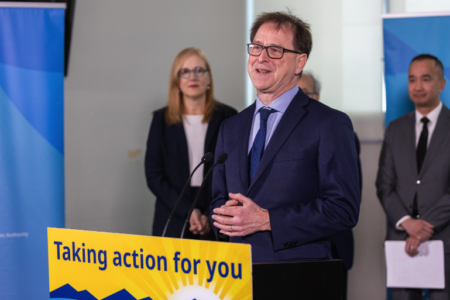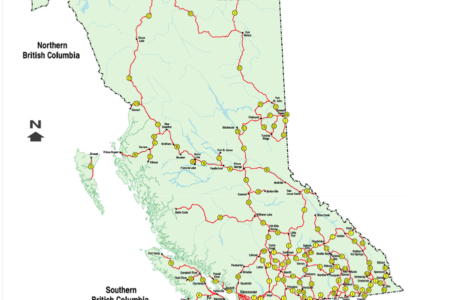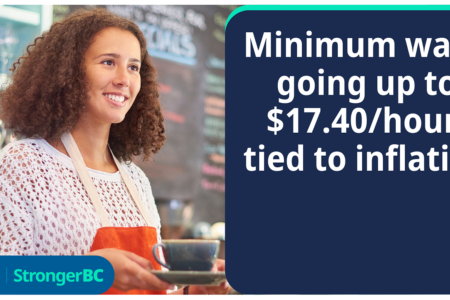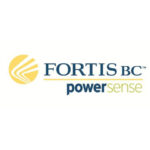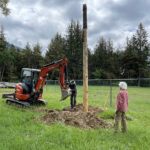Homeowners switching to solar save money, says SolarBC
The City of Grand Forks renewed their commitment as a solar community when they received a certificate from SolarBC at their last meeting. Nitya Harris, executive director for SolarBC, was on hand at the meeting to talk to council about SolarBC’s activities across the province and opportunities for home owners and businesses alike. Funded jointly by the provincial and federal governments, SolarBC has programs for home owners, First Nations homes and institutional buildings, schools and incentives for local governments. There will be funding next year for 10 schools across the province to transfer to photo-voltaic systems in addition to the other programs SolarBC is offering. “Solar communities is essentially our jewel of a program. We now have 32 communities across B.C. that are solar communities. We’re very happy to see that,” says Harris. “The Minister made an announcement at UBCM allowing 16 communities to join this group, and I’m very happy to see that the City of Grand Forks is one of our solar communities.” Harris presented a certificate to the Mayor Brian Taylor for the city announcing that they are a solar community. Earlier in the day, Harris was in Midway to present the village with their certificate as they were one of the new communities participating in the program this year. The basic idea of the program is that the solar communities are expected to be a role model for other communities across B.C. They can develop awareness about solar energy; remove barriers to developing solar energy such as regulatory, or financial; help develop bylaws and change their official community plans to encourage solar energy use; adopt targets for their own buildings, train staff, and help train installers for the area, explains Harris. “When you look at a house about 76 percent is spent heating the house – 46 percent for heating the space and about 30 percent for hot water heating. The photo-voltaic looks specifically at heating hot water – that’s the most economical system available for us today,” says Harris. Harris says that typical solar systems are similar to the one used to heat the Grand Forks Aquatic Centre which use panels placed on the roof of the building. Fluid in the panels is then heated and pumped into a storage tank. This pre-heated water moves into the hot water tank for use in the home. Photo-voltaic, on the other hand, directly creates electricity for heating the water. “The question is – does solar heating for hot water work?” asks Harris. “I think in Grand Forks you’ll have no problems at all. You’re one of the top places in B.C. for sun, so I’d say, yes, it would work very well here.” Currently Solar BC is offering a $2000 grant to homeowners until Dec. 31 or access to a zero-interest loan for revamping systems. FortisBC is also providing an additional $300 for homeowners converting their systems. With an average cost for the conversion at about $6900 the actual cost will be closer to $4600. Why convert to solar? Harris says it can reduce your costs by 50 – 60 percent and there is a return on investment over the life of the system of about five percent. Reductions in emissions and being able to manage financially as energy costs increase are other points that Harris says will benefit home owners. “The day after you install this system in your house, the value of your house goes up,” says Harris. She also explains that you can find qualified installers through their website so you know that you have the best systems and reliable installations.
There is more information about the potential for using solar energy in the area at Solar BC’s website: www.solarbc.ca.



